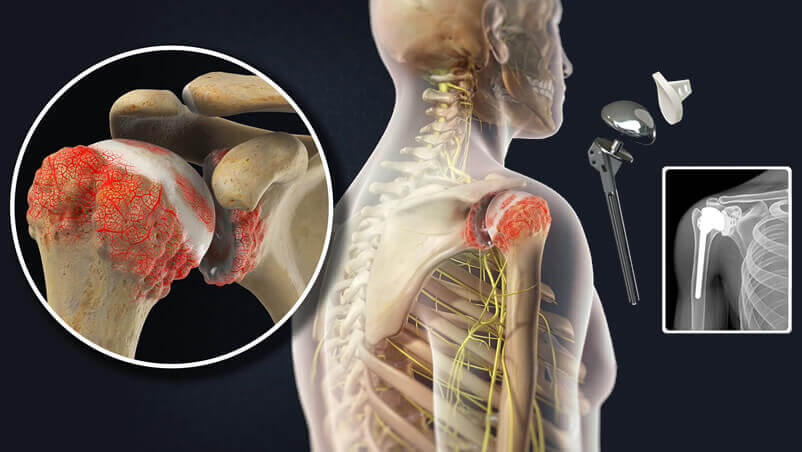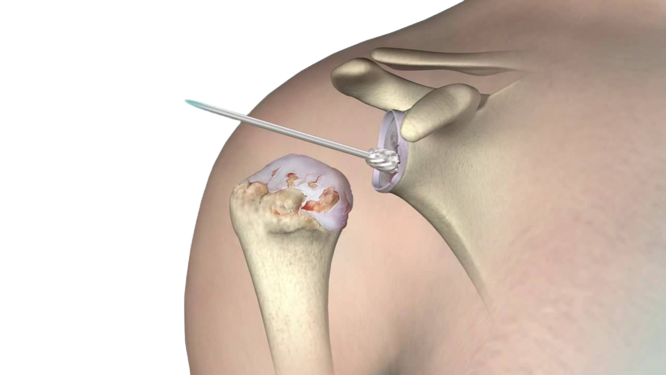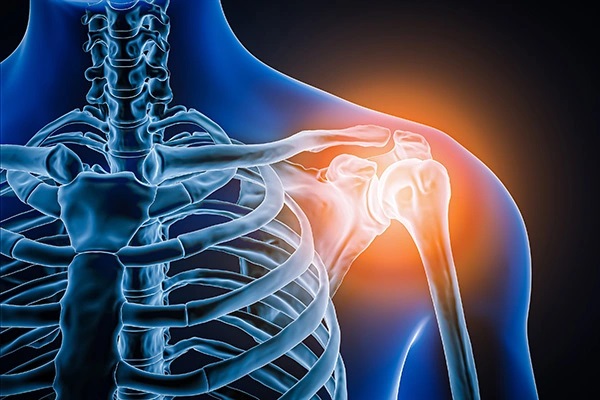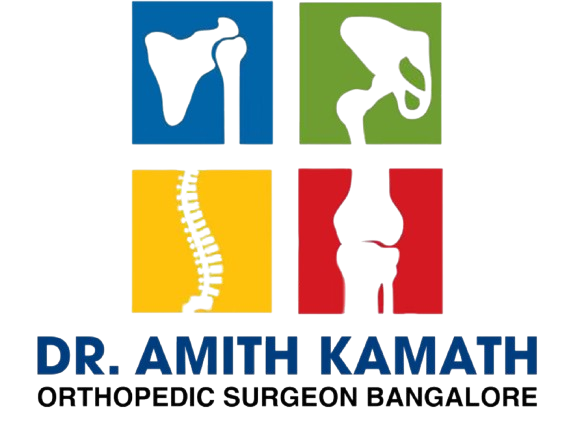Shoulder Joint Replacement Surgery

Shoulder Joint Replacement Surgery
Total shoulder joint replacement surgery, also known as total shoulder arthroplasty, is the deletion of parts of the shoulder joint, which are exchanged with artificial implantation to decrease pain and bring back variety of rotation and movements. It is very successful to reduce the serious pain and toughness created by final stage arthritis.Shoulder arthritis occurs when the smooth cartilage covering the shoulder bones thins or dissolves. These levels of cartilage permit the bones to move freely against one another in a strong shoulder. A decrease in the amount of cartilage between the bones causes friction and roughness that damages the bones. This is a painful and difficult situation to find yourself in. Artificial shoulder joint replacements that have been surgically implanted return patients to full mobility, strength, and function.
Our Popular Services
Hip Replacement Surgery
Knee Replacement Surgery
Spine Surgery
Shoulder Joint Replacement Surgery
Arthroscopic Surgery
Fracture Treatment
Sports Injuries
What causes the conditions treated by shoulder
replacement surgery?
There are two general types of arthritis that disturb the shoulder.
Osteoarthritis(OA)
torn rotator cuff
shoulder fracture
Inflammatory Arthritis(IA):
rheumatoid arthritis
ankylosing spondilytis
How Is Shoulder Joint Replacement Done?
In traditional shoulder joint replacement surgery, A metal ball replaces the damaged humeral head (the joint’s ball), and a smooth plastic cup replaces the glenoid cavity (the joint’s socket). It is located at the top of the humerus – the upper arm bone – while the glenoid is located in the scapula – the shoulder blade.All joint replacements use this metal-on-plastic implantation system instead of metal-on-metal. Some patients, such as those with severe humeral head fractures, may benefit from a hemi replacement (partial shoulder replacement). Only the ball was changed in this procedure.

What is reverse shoulder joint
replacement surgery?
A reverse shoulder joint replacement surgery is the conditions of the ball and socket are transferred: The patient’s natural socket is replaced with a metal ball implantation, and a plastic socket implantation is replaced on the humeral head.The tendons don’t have to hold it in place with this layout, making it more stable. The deltoid muscle rather than the rotator cuff tendon controls its movement. A shattered shoulder that needs new surfaces but lacks strong soft tissues for maintenance and movement is a good candidate for this procedure. Patients with severe rotator cuff tears and shoulder arthritis are typically candidates for this procedure.Reverse shoulder joint replacement surgery is based on the following foundation: Although it is possible for a healthy person to have their shoulder joint dislocated (as in a hip joint), it is more common for people to have their shoulders dislocated. In order to hold and move the ball, the tendon sheaths that surround the ball and socket are essential. Nevertheless, in some cases, these tendons are damaged, torn, or completely non-moving. With no soft tissue to hold it in place and/or move it, ball implantation in traditional replacements would not be possible.

How long does it take to recover from a shoulder joint replacement?
Typically, it takes a patient eight weeks or more to recover. Many months may pass before a patient is able to perform intense work or forceful exercises again. Patients who undergo shoulder joint replacement surgery typically experience some discomfort, but it is not the same discomfort they feel as a result of their arthritis. That surgery has largely eliminated the pain associated with arthritis.
Dr. Amith Kamath is a best shoulder joint replacement surgeon in Bangalore.

